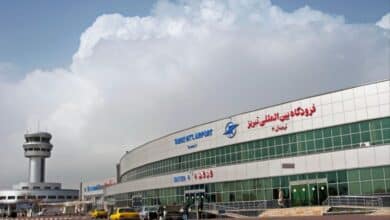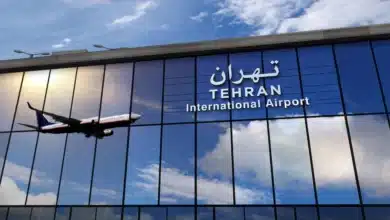Dubai to Iran Ferry Guide: Routes, Costs & Tips 2026
How to Book Your Dubai-Iran Ferry Ticket Easily
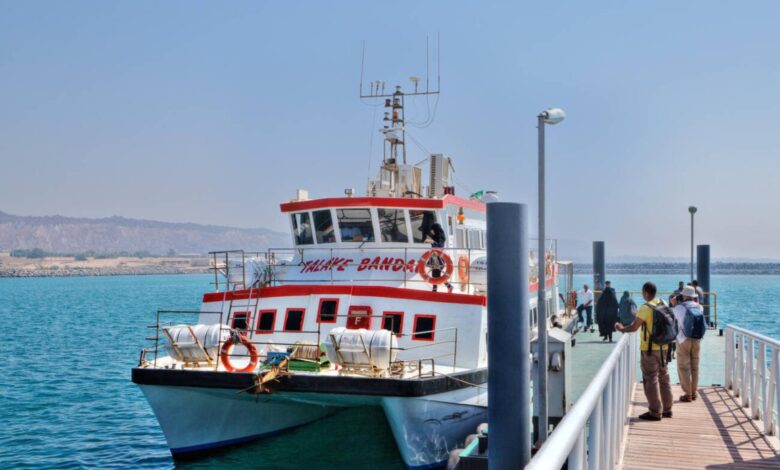
Picture yourself on a ferry, cutting through the Persian Gulf’s turquoise waves, as Dubai’s glittering skyline fades and Iran’s ancient ports beckon. For first-time travelers, the Dubai to Iran ferry offers an affordable, scenic alternative to flights, blending adventure with the Gulf’s maritime heritage.
Whether you’re chasing Iran’s cultural treasures or seeking a budget-friendly journey, this guide equips you with everything needed to plan your sea voyage from Dubai to Bandar Lengeh or Bandar Abbas. From routes and costs to practical tips, let’s set sail.
Contents
Why Take a Ferry from Dubai to Iran?
What makes a ferry ride special? It’s the chance to feel the Gulf’s pulse—watching waves roll by, spotting dolphins, or chatting with traders carrying goods across borders. Unlike quick flights, the Dubai-Iran ferry delivers a slower, immersive experience rooted in centuries of seafaring tradition. Operated by Valfajr Shipping Co, these ferries connect Dubai’s Port Rashid to Iran’s southern ports, offering reliable service for passengers, cyclists, and even motorbikes.
For first-timers, ferries save money while allowing generous baggage limits—up to 40 kg on UAE-to-Iran routes. Meals are included, and the journey provides a front-row seat to the Gulf’s beauty. As traveler Corni shared on Caravanistan, “The Dubai to Bandar Lengeh ferry was smooth, with lunch served onboard. It felt like a mini-cruise!” Whether you’re heading to Iran’s bazaars or historic sites, this route promises a memorable start.
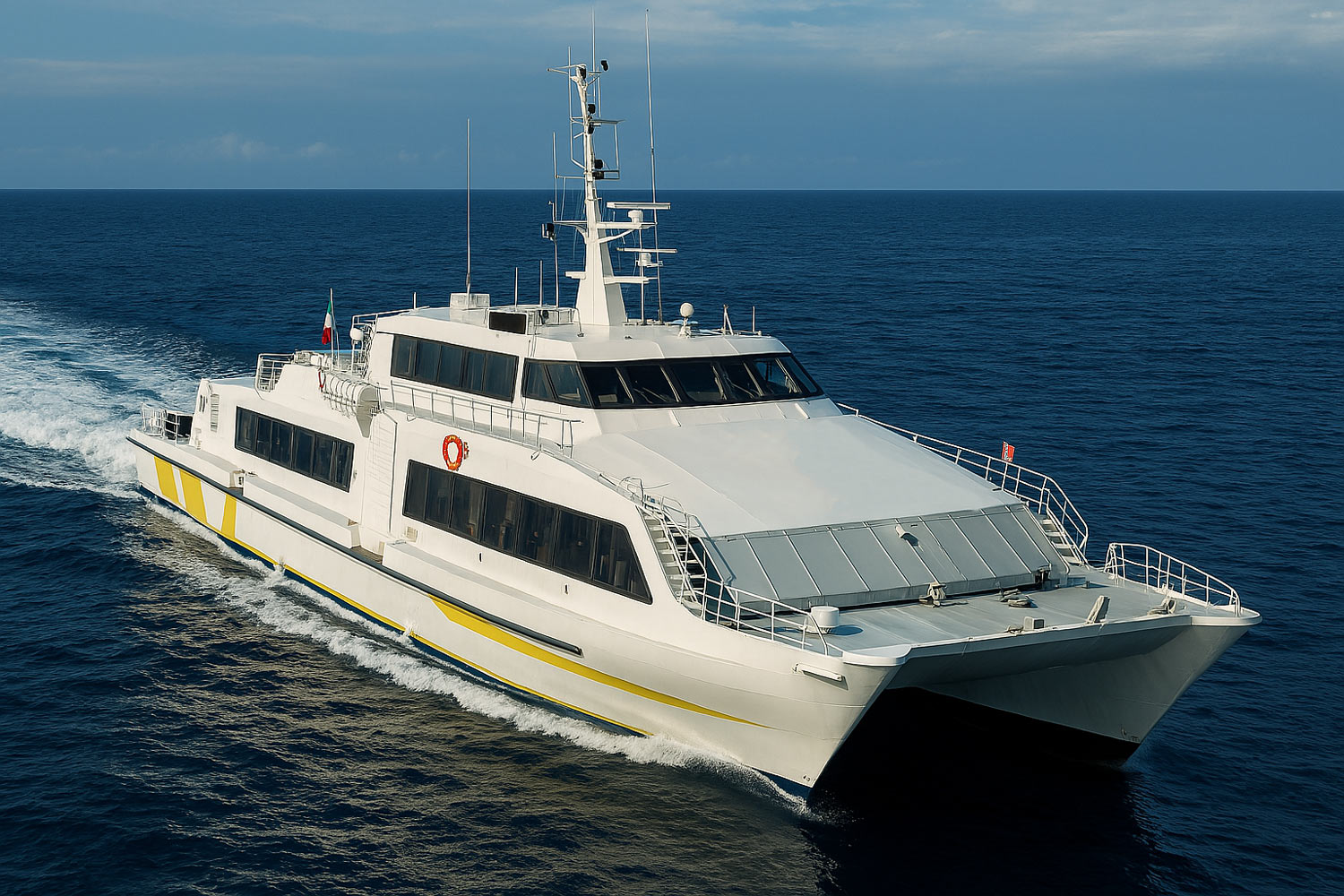
Key Ferry Route: Dubai to Bandar Lengeh
The primary ferry route from Dubai to Iran links Port Rashid to Bandar Lengeh, a historic port town in southern Iran. This crossing stands out for its speed and convenience, making it ideal for travelers eager to explore Iran’s cultural heartlands.
Route Details and Schedule
Covering approximately 130 kilometers across the Strait of Hormuz, the Dubai to Bandar Lengeh ferry takes 4-6 hours, depending on sea conditions. Valfajr operates this route on Mondays and Thursdays at 10:00 AM, with return trips from Bandar Lengeh on Sundays and Wednesdays at 9:00 AM. In 2026, one-way tickets cost around $98-$145, while round trips range from $140-$270, subject to seasonal changes.
Manolo, a 2018 traveler, described the process: “We bought tickets at Dubai’s Port Rashid for 310 dirhams. The ferry left on time, and after five hours, we were in Iran, ready for adventure.” Early check-in, about four hours before departure, is required to clear immigration and customs, so arrive prepared.
Alternative Route: Sharjah to Bandar Abbas
While this guide focuses on Dubai departures, note that nearby Sharjah’s Port Khalid offers ferries to Bandar Abbas on Mondays and Thursdays at 9:00 PM. This 7-12-hour overnight journey suits those planning to explore Iran’s southern coast further. Tickets cost roughly $82-$145, but for Dubai-based travelers, the Bandar Lengeh route remains the most direct.
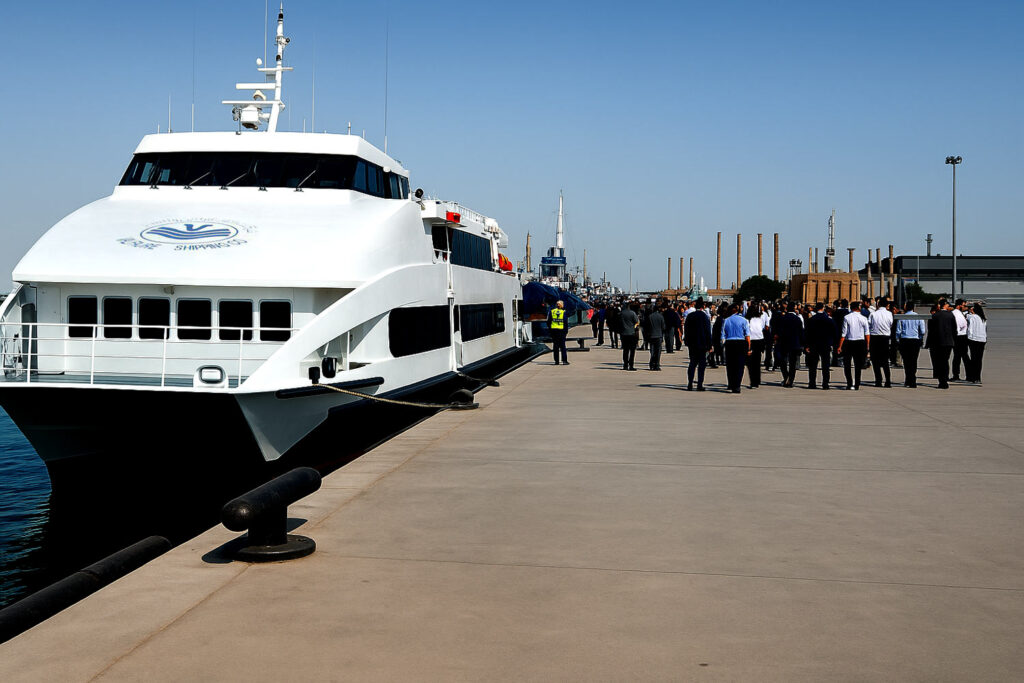
Booking Your Dubai to Iran Ferry Tickets
Securing a ferry ticket is straightforward with a bit of planning. Online platforms and local agencies make the process accessible, even for first-time visitors.
Where to Buy Tickets in Dubai
In Dubai, head to Al Rais Travel on Baniyas Road, Deira, opposite the Sabkha Abra station. Their office (+971 4 235 2352) sells tickets for the Bandar Lengeh ferry, as does Good Luck Shipping (Valfajr’s Dubai branch) at Port Rashid (+971 4 352 5000). Online, OrientTrips (orienttrips.com/ferry) offers English-language booking with clear pricing.
Booking Tips for Success
Why wait until the last minute? Book 1-6 days ahead, especially during peak seasons like winter holidays. Prices vary, so check platforms like orienttrips.com/ferry for deals. Cyclists can include bikes within the baggage allowance, paying about €1 per extra kilogram. For motorbikes, contact Valfajr directly to confirm availability, as cargo space is limited on this route.
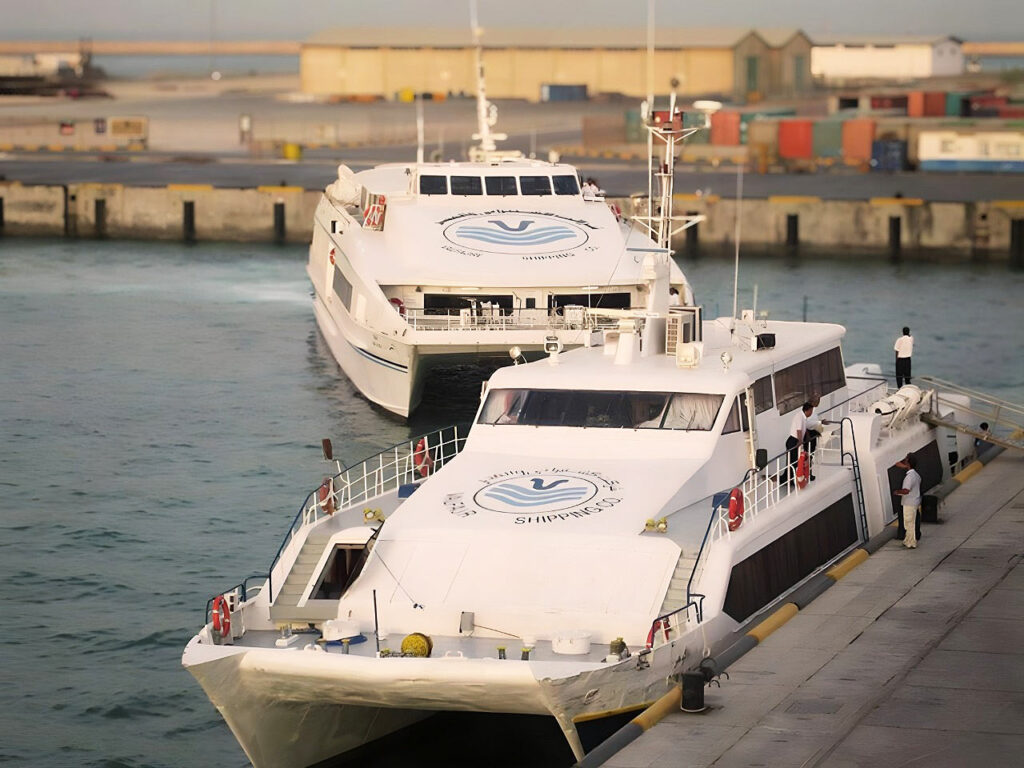
Preparing for Your Ferry Journey
A smooth ferry trip starts with preparation. Here’s how to ensure comfort and ease from Dubai to Iran.
Visa Requirements for Iran
Before boarding, secure an Iran visa. Unlike the UAE’s free visa-on-arrival for many nationalities, Iran requires pre-arranged visas for most travelers. Apply online via Iran’s e-Visa portal or through agencies like OrientTrips. Your passport must be valid for six months. As Ktulu asked on Caravanistan, “Is visa-on-arrival available at Bandar Lengeh?” Recent reports suggest inconsistencies, so arrange your visa in advance to avoid surprises.
Packing Essentials
Pack smart for the crossing. Earplugs and an eye mask counter onboard noise and lights, as movies play during the trip. A light blanket combats chilly air conditioning. First-timers prone to seasickness should bring anti-nausea medication. Since Iranian ports lack currency exchange, carry Iranian rials for taxis or small expenses upon arrival—UAE dirhams are rarely accepted.
What to Expect Onboard
The ferry features economy-class seating with basic amenities. Expect a rice-based lunch with tea, plus access to water dispensers. Women and families sit upfront, while solo male travelers occupy the rear. Prayer rooms offer floor space for resting, though cabins are unavailable. As Corni noted, “The catamaran was modern, with comfortable seats and good air conditioning.” Relax, enjoy the views, and soak in the Gulf’s tranquility.
Getting to Port Rashid in Dubai
Reaching Port Rashid is easy, with multiple transport options from Dubai’s city center.
Public Transport to the Port
Take the Dubai Metro to Al Ghubaiba Station, then hop on bus number 9 or 12 to the “Port and Customs” stop, just a short walk from the passenger terminal. Alternatively, a taxi from central Dubai costs 10-15 dirhams. Look for signs to the Passenger Terminal or nearby Driving Institute. A small supermarket near the port offers last-minute snacks.
Arriving by Car
Driving to Port Rashid? Ample parking is available near the terminal. Arrive by 6:00 AM for the 10:00 AM departure to complete check-in and immigration. Metered taxis outside the port are affordable, but avoid unofficial drivers charging $50 for city rides—stick to fares around 10-15 dirhams.
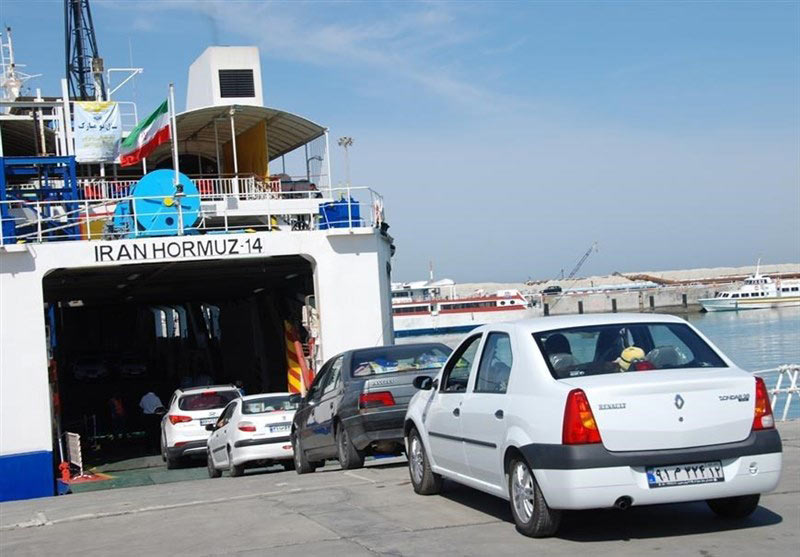
Costs and Budgeting for Your Trip
Ferry travel beats flight prices, but factor in extras. A $40 port exit fee applies at Port Rashid, payable in dirhams. Extra baggage beyond 40 kg costs $1-$3 per kilogram. Motorbike transport, where available, ranges from $250-$400, though this route primarily serves passengers. In 2019, Corni paid 310 dirhams one-way, noting, “It’s nearly the same as Sharjah to Bandar Abbas but much faster.”
Exchange dirhams to rials in Dubai’s Deira bazaar before departure, as Bandar Lengeh’s port lacks exchange services. Budget for taxis in Iran—about 2-3 dollars from the port to Bandar Lengeh’s bus terminal, where night buses to Shiraz or Bandar Abbas await.
Cultural Insights and Travel Tips
The Persian Gulf has long been a crossroads of trade and culture. Bandar Lengeh, once a pearl-diving hub, hums with history, though its sleepy vibe contrasts Dubai’s bustle. Onboard, you’ll meet Iranian traders and families, often eager to share stories. Respect gender-separated seating to blend in, and don’t be shy—strike up a conversation to learn about local life.
First-timers should brace for customs delays in Bandar Lengeh, which can take an hour. Weather may also cause schedule shifts, so check with Valfajr (+971 4 352 5000) before traveling, especially during Nowruz (mid-March to early April), when services may pause. Carry a book or downloaded movies for waiting periods, and keep your passport handy for immigration checks.
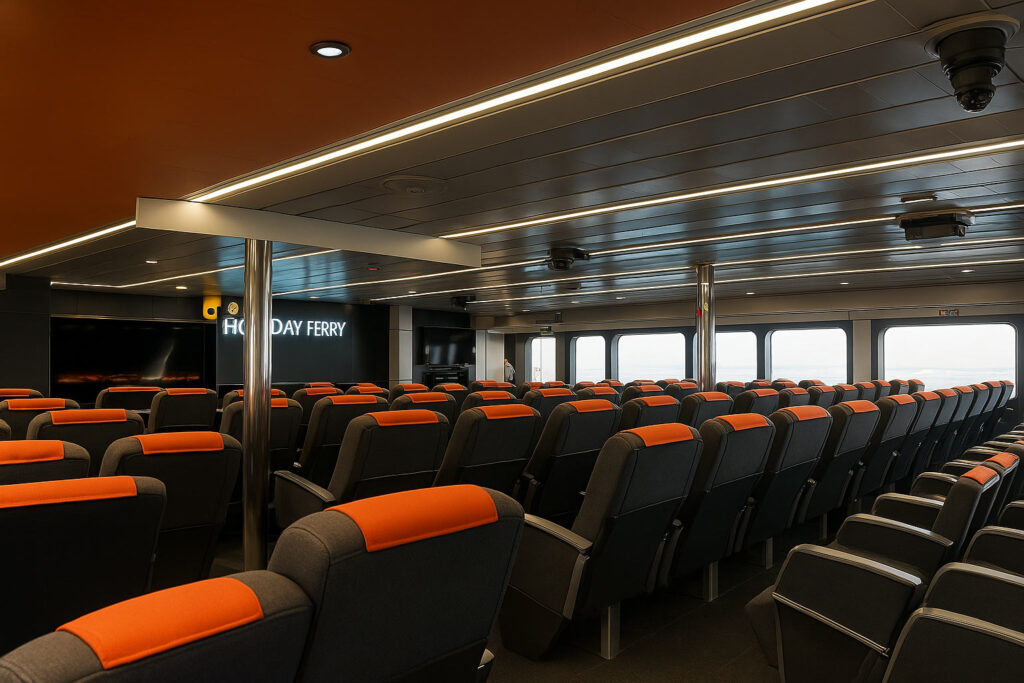
Exploring Bandar Lengeh and Beyond
Landing in Bandar Lengeh opens doors to Iran’s southern gems. The town itself is quiet, but its bazaar offers a taste of local life. From the port, a 2-kilometer taxi ride reaches the bus terminal, connecting you to Shiraz (8 hours) or Bandar Abbas (3.5 hours). For deeper exploration, book tours or transport via OrientTrips (orienttrips.com/experience) to visit sites like Persepolis or Isfahan.
Bandar Lengeh’s port, though functional, reflects Iran’s enduring maritime legacy, once vital for trade with India and East Africa. A short walk to the nearby bazaar lets you exchange money or grab a kebab before continuing your journey. For first-timers, Iran’s hospitality shines—expect warm welcomes and curious smiles.
The Dubai to Iran ferry isn’t just transport—it’s a gateway to the Persian Gulf’s soul. Affordable, scenic, and steeped in history, it offers first-time travelers a chance to connect with the region’s rhythms. Ready to sail? Plan your trip with OrientTrips (orienttrips.com) and let the sea lead you to Iran’s wonders.

